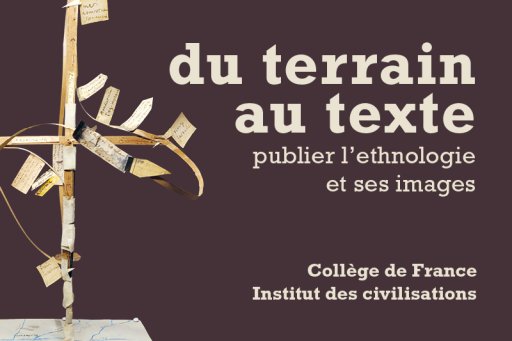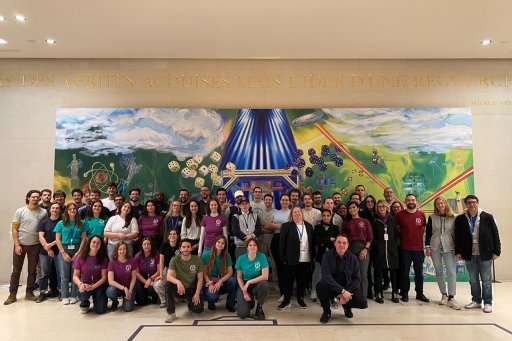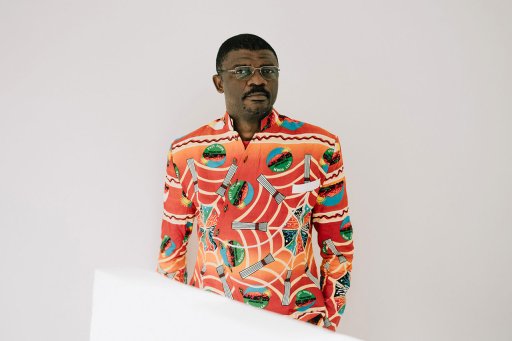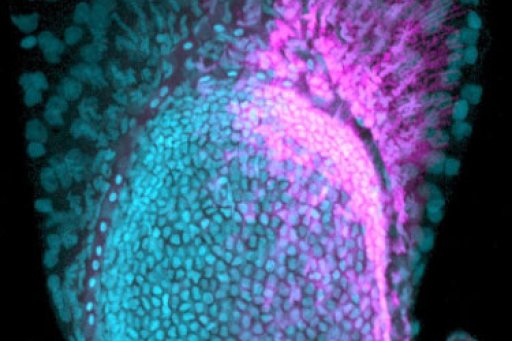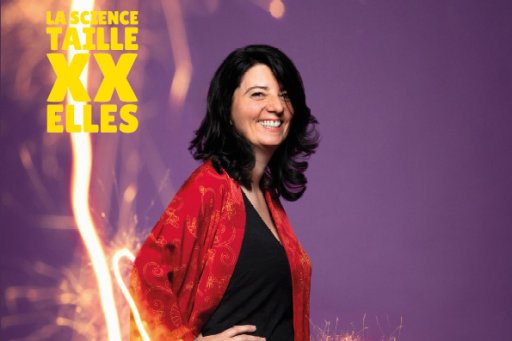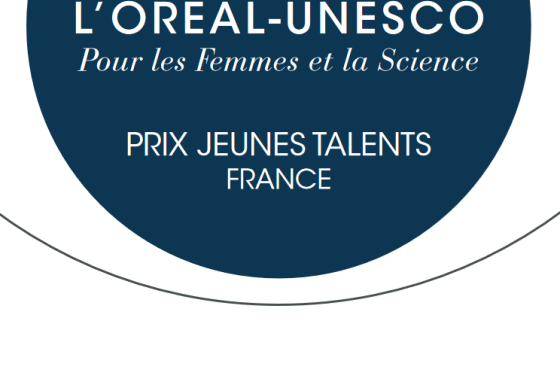
Sarah Lamaison is a doctoral student in the Chemistry of Biological Processes laboratory, part of Professor Marc Fontecave's Chemistry of Biological Processes Chair team.
Ralitsa Todorova is a postdoctoral fellow at the Centre interdisciplinaire de recherche en biologie of the Collège de France (Michaël Zugaro team).
As the L'Oréal Foundation states in its presentation of the class of 2020: "the Jeunes Talents prize rewards women researchers whose work contributes to building a better, more sustainable, more resilient and more inclusive world. This 2020 edition honors 35 young talents selected by a jury of excellence from 700 applications. Originating from all over the world, conducting their research in mainland France or the French overseas territories, these doctoral and post-doctoral students are engaged in fields as varied as medicine, astronomy, physics and computer science. All remarkable for the excellence of their careers, they each represent a hope for our common future. Many of them have been confronted with differences in treatment with their male counterparts throughout their careers. Today, they wish to contribute to promoting science among the youngest and future generations. May they, as role models, help to put an end to self-censorship and lack of confidence among women in scientific careers. May they contribute to strengthening the representation of bold women in science."
Sarah Lamaison
"Research is a wonderful adventure"
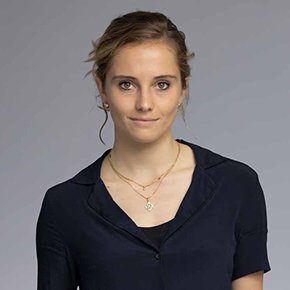
RecyclingCO2 to free ourselves from dependence on fossil fuels
Sarah Lamaison has always wished to put her research work at the service of the environment and act for the common good. It was a teacher in her final year of high school who encouraged her in this direction and motivated her choice of a scientific career path.
Originally from the Basque country, the researcher admits to being deeply attached to the ocean and the environment. After studying economics and chemistry at the École Polytechnique, she obtained a master's degree from Cambridge University, then went on to pursue a doctorate between the Collège de France and Stanford in the field of artificial photosynthesis - a process that aims to replicate plant photosynthesis, which captures and convertsCO2 from the atmosphere into sugars enabling their metabolism to function.
At the Collège de France and Stanford, Sarah Lamaison is developing chemical engineering technologies to transformCO2 into various substances currently produced from petroleum. These technologies open the way to emancipation from fossil resources by creating a sustainable carbon cycle in whichCO2 can be recycled ad infinitum.
The young researcher's research has contributed to the filing of two patents. The Green Fuel Company, her entrepreneurial project based on her research, is the winner of the i-Lab 2020 competition.
Her vision is of a science that "does good". And if she has a dream, it's that of"a clean planet, whose wonders future generations will also be able to observe". Every day, through her work, she strives to contribute to this.


